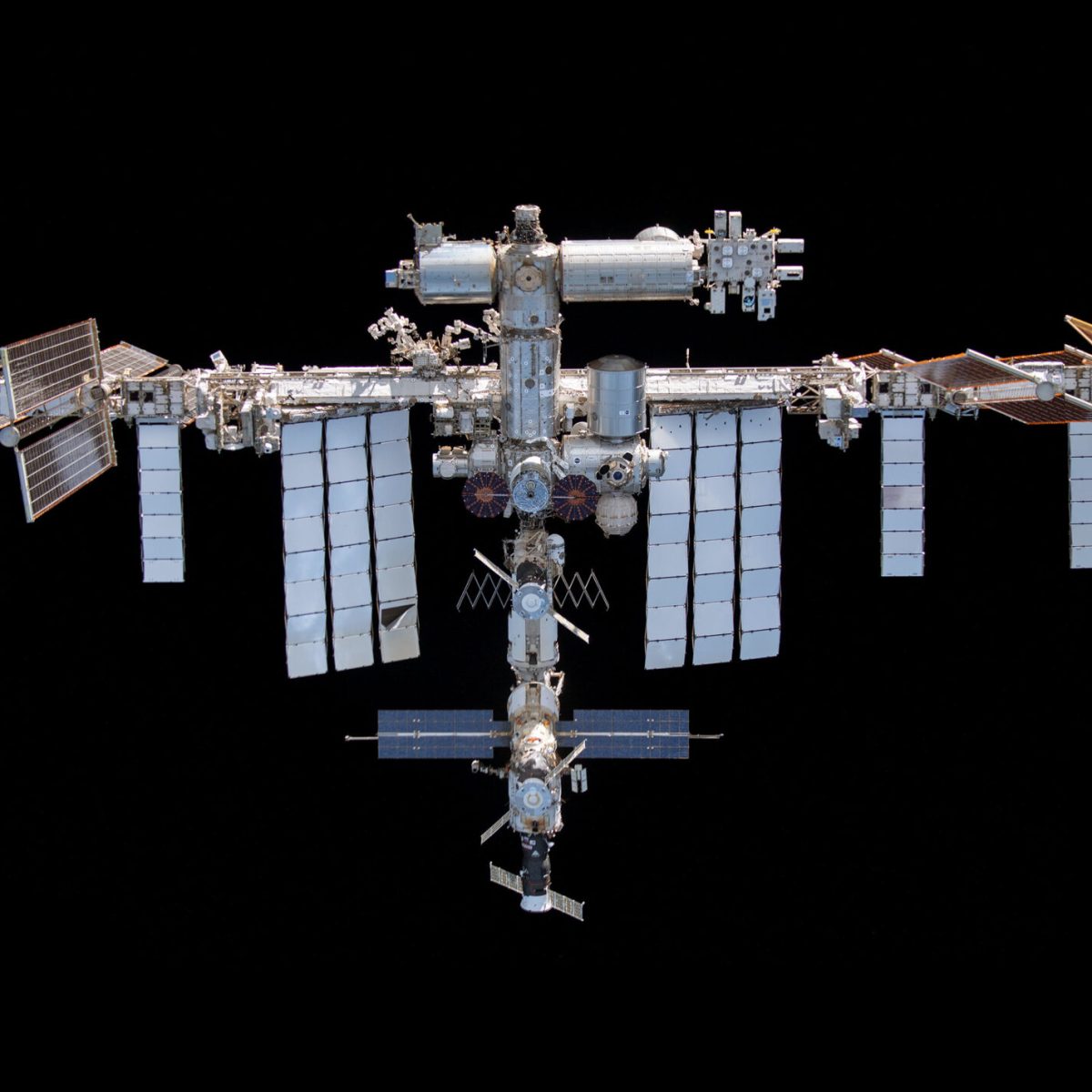Yeah we probably should start being more careful about dumping our spacecraft, but not sure the ISS is the one to experiment on.
It’s really too bad NASA won’t boost it up and “park” it in space.
I reckon Point Nemo is going to be a treasure trove for some future archaeologists.
Extra fuel needs aside, if you park it higher and it breaks up…
You mean when it breaks up…
Just push it out of orbit and it’ll float away.
“Into another environment?”
It’ll be beyond the environment.
Into another environment?
“No, no, it’ll be boosted beyond the environment. It’ll not be in the environment.”
That’s not how it works, it would take an insane amount of fuel to get it out of Earth’s gravity well.
It will have more energy when hitting the atmosphere and disintegrate more completely.
This is not correct if it broke up in a circular orbit
Maser said that ocean dumping has historically been a short-sighted solution that’s comparable, he explained, to 80 years ago when it was considered a good idea to dump unused ammunition from World War II in the oceans. “Today, it turns out that the ammunition is corroding and spreads its explosives into the marine environment,” he told SpaceNews.
Munitions dumping was on a much larger scale and much more hazardous compounds. Tens of thousands of tons in close proximity against coastlines.
I imagine reentry is going to effectively incinerate everything except very large chunks of metal, and we regularly deliberately sink steel ships to produce artificial reefs. There’s unlikely to be any quantities of plastics or fuel oils left unlike what you get in even minor marine incidents.
Any more advanced disposal plan is going to involve putting a lot more mass into orbit, which means burning a lot more propellant.
What if we fire a missile at it as it reenters to break it up. More pieces, more surface area, more incineration.
A missile is a way to get explosives from point A to point B. We might as well just put explosives on the ISS in the most effective places, removing the need to aim or get a ship/aircraft in the right place at the right time, plus you probably need far less explosive.
Hurry up we need to free some space for the new starlinks






